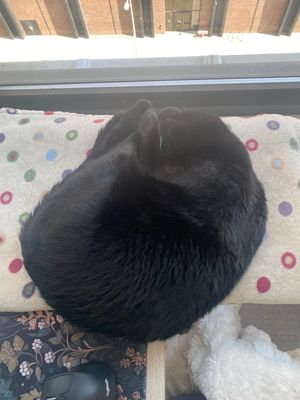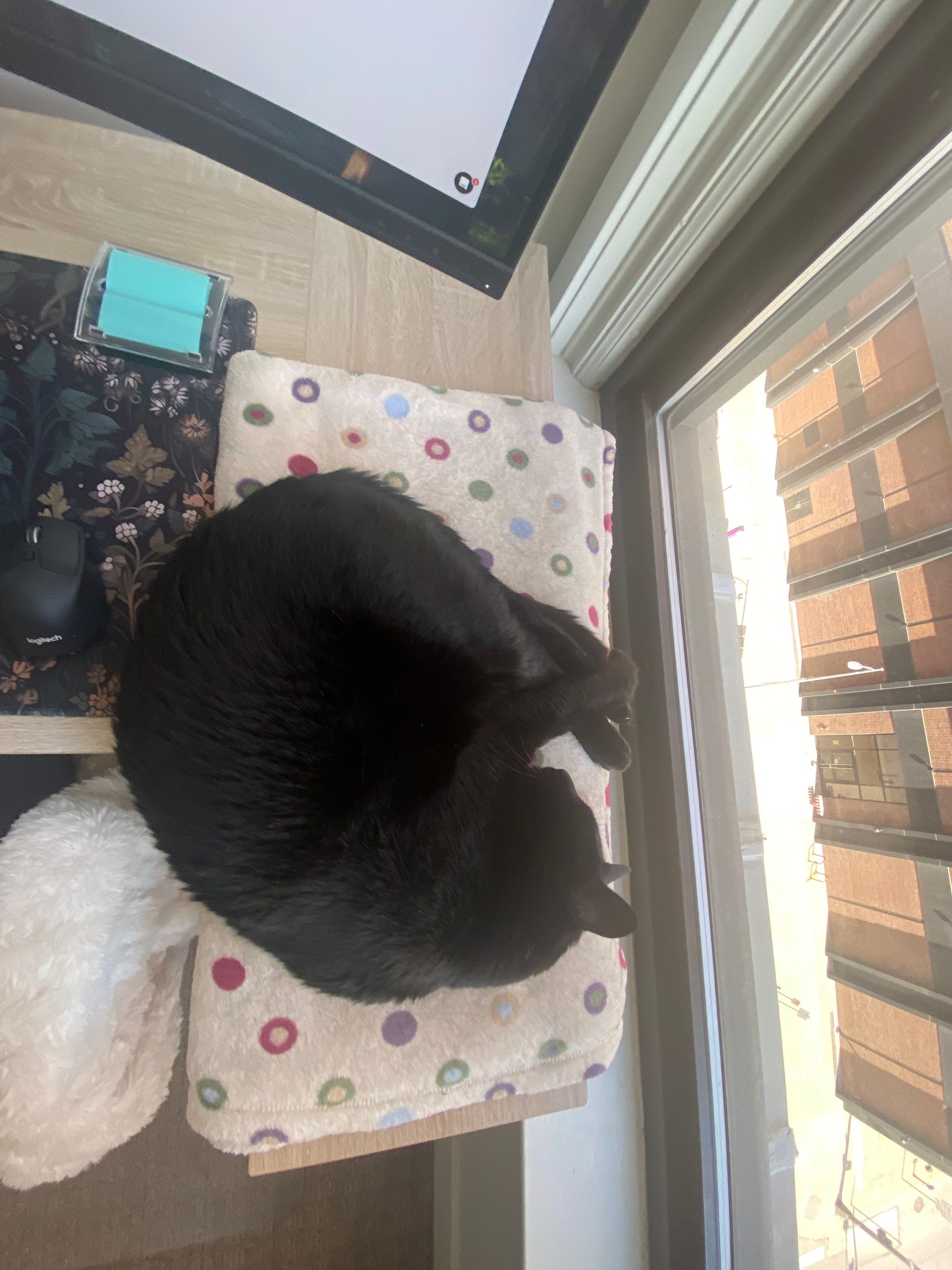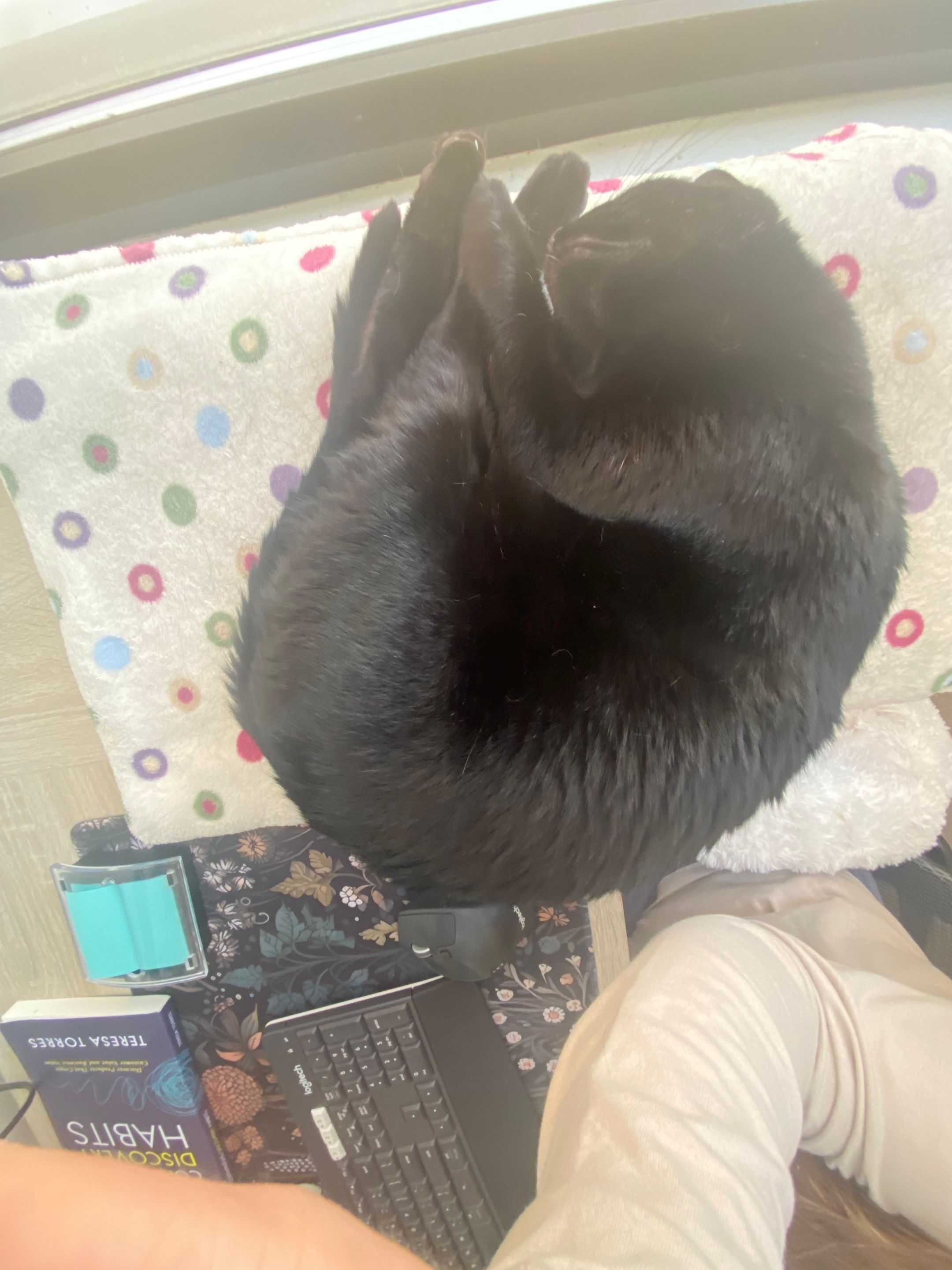

new
There’s a city on the far edge of the continent—where the land curls like a sleeping cat’s tail and the sea presses close with salt‑stung breath—that locals call Mirentide. You don’t simply arrive in Mirentide—you descend through winding cliffs, passing terraces of lantern‑lit gardens, until the road abruptly opens and there it is—golden rooftops spilling toward the ocean like molten metal. The air itself feels suspended—thick with brine and citrus—because everywhere you look, trees lean under the weight of strange fruits, green‑skinned and gold‑fleshed, which hum softly when the wind slides through them. The first thing a traveler notices is the sound—chimes hung in every archway, loose slats in every shutter, gulls circling and crying as if they’ve been here since the beginning of time. Mirentide isn’t a modern city—nor is it ancient in the crumbling‑stone sense—it exists somewhere in between, a place built and rebuilt by tides, by storms, by people who refuse to leave no matter how many winters the sea claws against the foundations. The streets are uneven—paved in black glassy stones that were once volcanic ash—and every step gives a faint hollow echo as though you’re walking across an instrument not yet fully understood. Merchants set up at dawn—spreading indigo cloths across chipped marble tables—selling things you can’t quite name. Tiny bronze gears—teeth worn smooth by years of turning—stringed instruments with single strings that produce a voice so mournful you feel it behind your ribs—shells carved into the likeness of human faces. Children dart between stalls, laughing—one moment disappearing behind a hanging rug, the next clambering onto a wall to shout about a ship arriving through the morning mist. And the ships—oh, the ships—broad‑bellied with sails that look too patched to hold a breath of wind, yet somehow they glide effortlessly, scattering spray that catches the light like shattered glass. If you climb—past the quarter where fishers mend their nets with calloused hands—past the weaver’s steps where looms click all day—past the crooked tower where bells ring at odd hours—you reach the old fort. Its stones are veined with silver moss, and in the courtyard stands a tree so large its roots have broken the paving. People tie scraps of ribbon to its lowest branches—red for luck, blue for safe voyages, white for remembrance—and when the wind moves through them the tree shivers, alive with color and whispered prayers. From here you can see the entire curve of the bay—white foam clawing at dark rocks—beyond which the sea swells into endless green. Night in Mirentide is another world entirely—lanterns light with a hiss and a sigh, and the streets glow like veins of amber. Musicians gather in the lower square—fingers quick on strings, voices rough from salt air—and couples dance, skirts whirling, boots striking sparks from the dark stones. Smells drift up from taverns—roasted peppers, spiced wine, bread hot enough to burn your tongue—and every doorway seems to offer a story. There’s a rumor that if you wander far enough, following the lanterns that flicker blue instead of gold, you’ll find the Tidemarket—open only when the moon is thin and pale. There, so they say, you can buy anything—a moment of time lost, a vial of last night’s dream, a feather from a bird that hasn’t flown this world in centuries. The sea itself is a character—restless, moody, generous—pushing treasures onto the shore and then stealing them back. At dawn you might find driftwood carved into shapes no human hand would attempt—at midnight you might hear voices singing beneath the waves. Sailors swear that the currents here are alive—choosing who comes home and who drifts beyond return—and so every departure is marked with a ritual. They stand at the water’s edge—captains, deckhands, passengers alike—holding small cups of salt, which they spill slowly into the tide as they speak the name of the city. Mirentide, Mirentide—carry us out, carry us back. Visitors write poems about the light here—how it shifts from copper to silver to gold in the space of an hour—how even the shadows seem luminous. They write about the architecture—arches that lead nowhere, staircases that rise to meet the sky, windows shaped like tears or flames. They write about the people—unhurried, endlessly curious, quick to laughter, quick to defend what’s theirs. And always they write about the sound of the sea—never still, never silent—crashing against the sea walls like a heartbeat too big for the body that holds it. Walk far enough inland and the city thins—streets turning to paths, lanterns giving way to fireflies. There’s a hill crowned with ruins—columns half‑sunk in wildflowers—where the wind carries scents from both sea and meadow. It’s said that standing there at dusk, you can hear every bell in the city ring at once—a chorus of iron and bronze and time itself—until you feel yourself dissolve into the sound. Some never return from that hill, though no one mourns them—they’ve simply chosen to become part of the music. And so Mirentide endures—between storm and calm, between past and future—a city of salt and light, of lanterns and ribbons, of waves that never stop speaking. If you ever go, remember this—carry a ribbon in your pocket, tie it to the tree when you leave, and listen. The wind will tell you stories—of those who stayed, of those who sailed, of those who stood on the hill and let the sound of a thousand bells carry them into whatever waits beyond the horizon. There’s a city on the far edge of the continent—where the land curls like a sleeping cat’s tail and the sea presses close with salt‑stung breath—that locals call Mirentide. You don’t simply arrive in Mirentide—you descend through winding cliffs, passing terraces of lantern‑lit gardens, until the road abruptly opens and there it is—golden rooftops spilling toward the ocean like molten metal. The air itself feels suspended—thick with brine and citrus—because everywhere you look, trees lean under the weight of strange fruits, green‑skinned and gold‑fleshed, which hum softly when the wind slides through them. The first thing a traveler notices is the sound—chimes hung in every archway, loose slats in every shutter, gulls circling and crying as if they’ve been here since the beginning of time. Mirentide isn’t a modern city—nor is it ancient in the crumbling‑stone sense—it exists somewhere in between, a place built and rebuilt by tides, by storms, by people who refuse to leave no matter how many winters the sea claws against the foundations. The streets are uneven—paved in black glassy stones that were once volcanic ash—and every step gives a faint hollow echo as though you’re walking across an instrument not yet fully understood. Merchants set up at dawn—spreading indigo cloths across chipped marble tables—selling things you can’t quite name. Tiny bronze gears—teeth worn smooth by years of turning—stringed instruments with single strings that produce a voice so mournful you feel it behind your ribs—shells carved into the likeness of human faces. Children dart between stalls, laughing—one moment disappearing behind a hanging rug, the next clambering onto a wall to shout about a ship arriving through the morning mist. And the ships—oh, the ships—broad‑bellied with sails that look too patched to hold a breath of wind, yet somehow they glide effortlessly, scattering spray that catches the light like shattered glass. If you climb—past the quarter where fishers mend their nets with calloused hands—past the weaver’s steps where looms click all day—past the crooked tower where bells ring at odd hours—you reach the old fort. Its stones are veined with silver moss, and in the courtyard stands a tree so large its roots have broken the paving. People tie scraps of ribbon to its lowest branches—red for luck, blue for safe voyages, white for remembrance—and when the wind moves through them the tree shivers, alive with color and whispered prayers. From here you can see the entire curve of the bay—white foam clawing at dark rocks—beyond which the sea swells into endless green. Night in Mirentide is another world entirely—lanterns light with a hiss and a sigh, and the streets glow like veins of amber. Musicians gather in the lower square—fingers quick on strings, voices rough from salt air—and couples dance, skirts whirling, boots striking sparks from the dark stones. Smells drift up from taverns—roasted peppers, spiced wine, bread hot enough to burn your tongue—and every doorway seems to offer a story. There’s a rumor that if you wander far enough, following the lanterns that flicker blue instead of gold, you’ll find the Tidemarket—open only when the moon is thin and pale. There, so they say, you can buy anything—a moment of time lost, a vial of last night’s dream, a feather from a bird that hasn’t flown this world in centuries. The sea itself is a character—restless, moody, generous—pushing treasures onto the shore and then stealing them back. At dawn you might find driftwood carved into shapes no human hand would attempt—at midnight you might hear voices singing beneath the waves. Sailors swear that the currents here are alive—choosing who comes home and who drifts beyond return—and so every departure is marked with a ritual. They stand at the water’s edge—captains, deckhands, passengers alike—holding small cups of salt, which they spill slowly into the tide as they speak the name of the city. Mirentide, Mirentide—carry us out, carry us back. Visitors write poems about the light here—how it shifts from copper to silver to gold in the space of an hour—how even the shadows seem luminous. They write about the architecture—arches that lead nowhere, staircases that rise to meet the sky, windows shaped like tears or flames. They write about the people—unhurried, endlessly curious, quick to laughter, quick to defend what’s theirs. And always they write about the sound of the sea—never still, never silent—crashing against the sea walls like a heartbeat too big for the body that holds it. Walk far enough inland and the city thins—streets turning to paths, lanterns giving way to fireflies. There’s a hill crowned with ruins—columns half‑sunk in wildflowers—where the wind carries scents from both sea and meadow. It’s said that standing there at dusk, you can hear every bell in the city ring at once—a chorus of iron and bronze and time itself—until you feel yourself dissolve into the sound. Some never return from that hill, though no one mourns them—they’ve simply chosen to become part of the music. And so Mirentide endures—between storm and calm, between past and future—a city of salt and light, of lanterns and ribbons, of waves that never stop speaking. If you ever go, remember this—carry a ribbon in your pocket, tie it to the tree when you leave, and listen. The wind will tell you stories—of those who stayed, of those who sailed, of those who stood on the hill and let the sound of a thousand bells carry them into whatever waits beyond the horizon. There’s a city on the far edge of the continent—where the land curls like a sleeping cat’s tail and the sea presses close with salt‑stung breath—that locals call Mirentide. You don’t simply arrive in Mirentide—you descend through winding cliffs, passing terraces of lantern‑lit gardens, until the road abruptly opens and there it is—golden rooftops spilling toward the ocean like molten metal. The air itself feels suspended—thick with brine and citrus—because everywhere you look, trees lean under the weight of strange fruits, green‑skinned and gold‑fleshed, which hum softly when the wind slides through them. The first thing a traveler notices is the sound—chimes hung in every archway, loose slats in every shutter, gulls circling and crying as if they’ve been here since the beginning of time. Mirentide isn’t a modern city—nor is it ancient in the crumbling‑stone sense—it exists somewhere in between, a place built and rebuilt by tides, by storms, by people who refuse to leave no matter how many winters the sea claws against the foundations. The streets are uneven—paved in black glassy stones that were once volcanic ash—and every step gives a faint hollow echo as though you’re walking across an instrument not yet fully understood. Merchants set up at dawn—spreading indigo cloths across chipped marble tables—selling things you can’t quite name. Tiny bronze gears—teeth worn smooth by years of turning—stringed instruments with single strings that produce a voice so mournful you feel it behind your ribs—shells carved into the likeness of human faces. Children dart between stalls, laughing—one moment disappearing behind a hanging rug, the next clambering onto a wall to shout about a ship arriving through the morning mist. And the ships—oh, the ships—broad‑bellied with sails that look too patched to hold a breath of wind, yet somehow they glide effortlessly, scattering spray that catches the light like shattered glass. If you climb—past the quarter where fishers mend their nets with calloused hands—past the weaver’s steps where looms click all day—past the crooked tower where bells ring at odd hours—you reach the old fort. Its stones are veined with silver moss, and in the courtyard stands a tree so large its roots have broken the paving. People tie scraps of ribbon to its lowest branches—red for luck, blue for safe voyages, white for remembrance—and when the wind moves through them the tree shivers, alive with color and whispered prayers. From here you can see the entire curve of the bay—white foam clawing at dark rocks—beyond which the sea swells into endless green. Night in Mirentide is another world entirely—lanterns light with a hiss and a sigh, and the streets glow like veins of amber. Musicians gather in the lower square—fingers quick on strings, voices rough from salt air—and couples dance, skirts whirling, boots striking sparks from the dark stones. Smells drift up from taverns—roasted peppers, spiced wine, bread hot enough to burn your tongue—and every doorway seems to offer a story. There’s a rumor that if you wander far enough, following the lanterns that flicker blue instead of gold, you’ll find the Tidemarket—open only when the moon is thin and pale. There, so they say, you can buy anything—a moment of time lost, a vial of last night’s dream, a feather from a bird that hasn’t flown this world in centuries. The sea itself is a character—restless, moody, generous—pushing treasures onto the shore and then stealing them back. At dawn you might find driftwood carved into shapes no human hand would attempt—at midnight you might hear voices singing beneath the waves. Sailors swear that the currents here are alive—choosing who comes home and who drifts beyond return—and so every departure is marked with a ritual. They stand at the water’s edge—captains, deckhands, passengers alike—holding small cups of salt, which they spill slowly into the tide as they speak the name of the city. Mirentide, Mirentide—carry us out, carry us back. Visitors write poems about the light here—how it shifts from copper to silver to gold in the space of an hour—how even the shadows seem luminous. They write about the architecture—arches that lead nowhere, staircases that rise to meet the sky, windows shaped like tears or flames. They write about the people—unhurried, endlessly curious, quick to laughter, quick to defend what’s theirs. And always they write about the sound of the sea—never still, never silent—crashing against the sea walls like a heartbeat too big for the body that holds it. Walk far enough inland and the city thins—streets turning to paths, lanterns giving way to fireflies. There’s a hill crowned with ruins—columns half‑sunk in wildflowers—where the wind carries scents from both sea and meadow. It’s said that standing there at dusk, you can hear every bell in the city ring at once—a chorus of iron and bronze and time itself—until you feel yourself dissolve into the sound. Some never return from that hill, though no one mourns them—they’ve simply chosen to become part of the music. And so Mirentide endures—between storm and calm, between past and future—a city of salt and light, of lanterns and ribbons, of waves that never stop speaking. If you ever go, remember this—carry a ribbon in your pocket, tie it to the tree when you leave, and listen. The wind will tell you stories—of those who stayed, of those who sailed, of those who stood on the hill and let the sound of a thousand bells carry them into whatever waits beyond the horizon. There’s a city on the far edge of the continent—where the land curls like a sleeping cat’s tail and the sea presses close with salt‑stung breath—that locals call Mirentide. You don’t simply arrive in Mirentide—you descend through winding cliffs, passing terraces of lantern‑lit gardens, until the road abruptly opens and there it is—golden rooftops spilling toward the ocean like molten metal. The air itself feels suspended—thick with brine and citrus—because everywhere you look, trees lean under the weight of strange fruits, green‑skinned and gold‑fleshed, which hum softly when the wind slides through them. The first thing a traveler notices is the sound—chimes hung in every archway, loose slats in every shutter, gulls circling and crying as if they’ve been here since the beginning of time. Mirentide isn’t a modern city—nor is it ancient in the crumbling‑stone sense—it exists somewhere in between, a place built and rebuilt by tides, by storms, by people who refuse to leave no matter how many winters the sea claws against the foundations. The streets are uneven—paved in black glassy stones that were once volcanic ash—and every step gives a faint hollow echo as though you’re walking across an instrument not yet fully understood. Merchants set up at dawn—spreading indigo cloths across chipped marble tables—selling things you can’t quite name. Tiny bronze gears—teeth worn smooth by years of turning—stringed instruments with single strings that produce a voice so mournful you feel it behind your ribs—shells carved into the likeness of human faces. Children dart between stalls, laughing—one moment disappearing behind a hanging rug, the next clambering onto a wall to shout about a ship arriving through the morning mist. And the ships—oh, the ships—broad‑bellied with sails that look too patched to hold a breath of wind, yet somehow they glide effortlessly, scattering spray that catches the light like shattered glass. If you climb—past the quarter where fishers mend their nets with calloused hands—past the weaver’s steps where looms click all day—past the crooked tower where bells ring at odd hours—you reach the old fort. Its stones are veined with silver moss, and in the courtyard stands a tree so large its roots have broken the paving. People tie scraps of ribbon to its lowest branches—red for luck, blue for safe voyages, white for remembrance—and when the wind moves through them the tree shivers, alive with color and whispered prayers. From here you can see the entire curve of the bay—white foam clawing at dark rocks—beyond which the sea swells into endless green. Night in Mirentide is another world entirely—lanterns light with a hiss and a sigh, and the streets glow like veins of amber. Musicians gather in the lower square—fingers quick on strings, voices rough from salt air—and couples dance, skirts whirling, boots striking sparks from the dark stones. Smells drift up from taverns—roasted peppers, spiced wine, bread hot enough to burn your tongue—and every doorway seems to offer a story. There’s a rumor that if you wander far enough, following the lanterns that flicker blue instead of gold, you’ll find the Tidemarket—open only when the moon is thin and pale. There, so they say, you can buy anything—a moment of time lost, a vial of last night’s dream, a feather from a bird that hasn’t flown this world in centuries. The sea itself is a character—restless, moody, generous—pushing treasures onto the shore and then stealing them back. At dawn you might find driftwood carved into shapes no human hand would attempt—at midnight you might hear voices singing beneath the waves. Sailors swear that the currents here are alive—choosing who comes home and who drifts beyond return—and so every departure is marked with a ritual. They stand at the water’s edge—captains, deckhands, passengers alike—holding small cups of salt, which they spill slowly into the tide as they speak the name of the city. Mirentide, Mirentide—carry us out, carry us back. Visitors write poems about the light here—how it shifts from copper to silver to gold in the space of an hour—how even the shadows seem luminous. They write about the architecture—arches that lead nowhere, staircases that rise to meet the sky, windows shaped like tears or flames. They write about the people—unhurried, endlessly curious, quick to laughter, quick to defend what’s theirs. And always they write about the sound of the sea—never still, never silent—crashing against the sea walls like a heartbeat too big for the body that holds it. Walk far enough inland and the city thins—streets turning to paths, lanterns giving way to fireflies. There’s a hill crowned with ruins—columns half‑sunk in wildflowers—where the wind carries scents from both sea and meadow. It’s said that standing there at dusk, you can hear every bell in the city ring at once—a chorus of iron and bronze and time itself—until you feel yourself dissolve into the sound. Some never return from that hill, though no one mourns them—they’ve simply chosen to become part of the music. And so Mirentide endures—between storm and calm, between past and future—a city of salt and light, of lanterns and ribbons, of waves that never stop speaking. If you ever go, remember this—carry a ribbon in your pocket, tie it to the tree when you leave, and listen. The wind will tell you stories—of those who stayed, of those who sailed, of those who stood on the hill and let the sound of a thousand bells carry them into whatever waits beyond the horizon.



